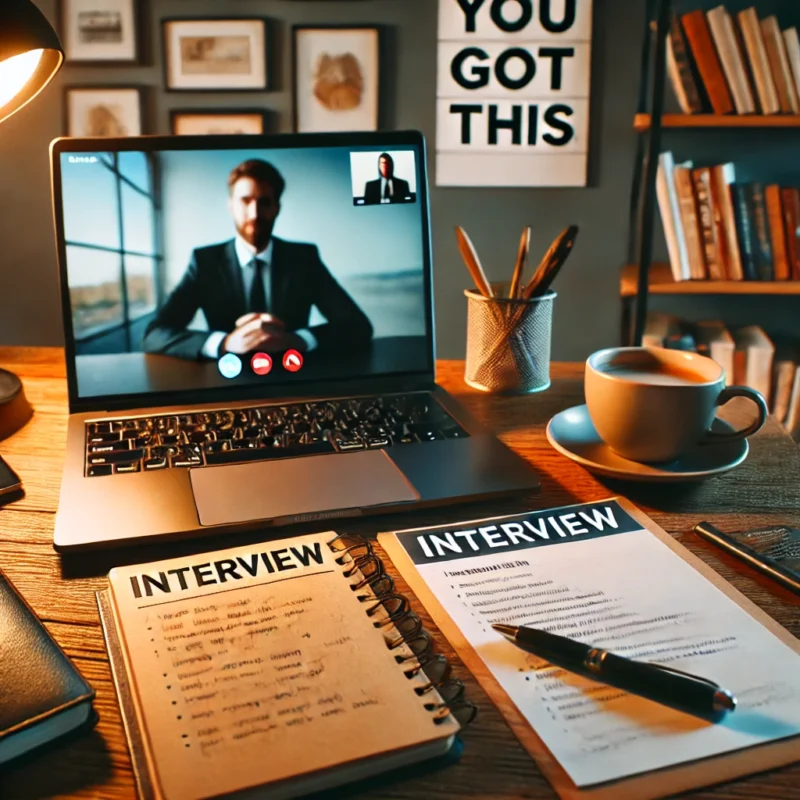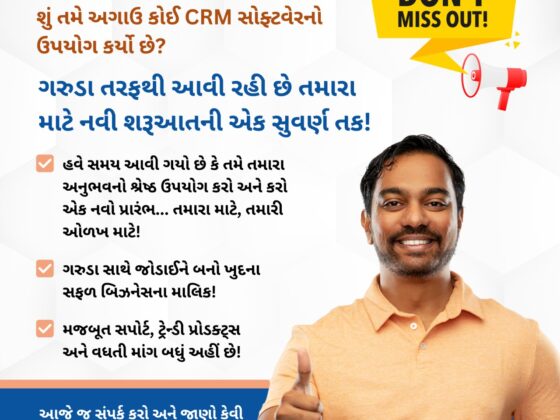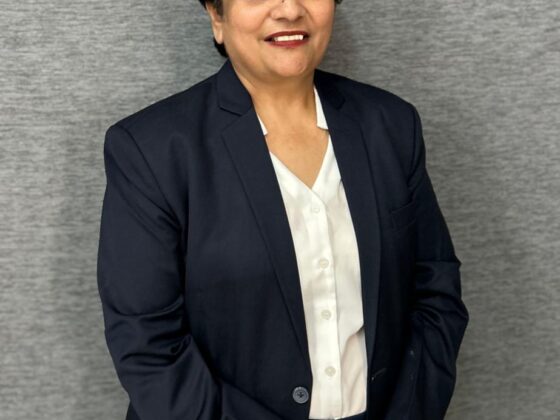Although being ready for a job interview can be intimidating, you can improve your chances of success if you take the proper approach. In addition to your credentials, employers are assessing your self-assurance, problem-solving abilities, and organisational culture fit. This is a thorough instruction on how to get ready for an interview.
1. Recognise the position and organisation:
Make sure you are well-informed about the organisation and the position you are applying for before attending an interview. Examine the organisation To find out more about their principles, mission, and offerings, visit their website. To discover about the company’s present standing in the market, read the most recent news articles about it. Examine employee evaluations on websites such as Glassdoor to determine the culture of the organisation. Examine the job description. Dissect the main duties and necessary abilities. Determine how your prior experiences and abilities match the job specifications. Get examples ready to show that you fulfil the requirements.
2. Rehearse standard interview questions:
A combination of behavioural, technical, and role-specific questions are frequently asked during interviews. You can increase your confidence by preparing for frequently asked interview questions. Behavioural Demands Utilise the STAR approach (Situation, Task, Action, Result) to respond to enquiries such as: “Can you give an example of a time when you encountered a problem at work and how you resolved it?” “Describe an instance where you showed leadership abilities.” General Enquiries Get responses ready for:
1.”Describe yourself to me.”
2.”What makes you want to be employed here?” 3.”In five years, where do you see yourself?” Questions Particular to Roles Refresh your technical knowledge or job-specific abilities, such as software proficiency or industry awareness.
3. Craft a Strong Personal Introduction:
Your introduction sets the tone for the interview. Prepare a concise and engaging response to the question, “Tell me about yourself.”
Start with a brief overview of your professional background. Highlight key accomplishments relevant to the role. Conclude with what excites you about this opportunity.
4. Prepare intelligent interview questions: Offering concerns demonstrates your curiosity and critical thinking. Think about presenting the question: “What determines success in this position?” “Could you explain the group I would be collaborating with?” “What are the prospects for career advancement in this role?”
5. Strengthen Your Portfolio and Resume:
Make your CV unique by emphasising experiences that are relevant to the position. Create a professional portfolio that showcases your work, if appropriate. To the interview, bring extra copies of your CV.
6. Wear Appropriate Clothes:
Find out what the company’s dress code is. If in doubt, dress professionally for work. Make sure your clothing fit properly, are clean, and are pressed. Keep your makeup and accessories simple and businesslike.
7. Conduct Practice Interviews:
Practise interviews with a mentor or friend. To assess your clarity, tone, and body language, record your answers. Consider criticism carefully and improve your responses.
8. Master your body language.:
Nonverbal cues play an important role in creating a favourable impression. Maintain a decent posture. Give a solid handshake. Maintain proper eye contact. Smile sincerely to communicate confidence and excitement.
9. Make a Travel Plan.:
Plan your route and leave early if the interview is in person to prevent being late. Make sure your camera, microphone, and internet connection are working properly before a virtual interview.
10. Get mentally ready.:
Because interviews can be stressful, mentally prepare to be composed and focused. To lessen anxiety, engage in deep breathing exercises or meditation. Imagine yourself doing well throughout the interview. To be alert and energised, get a good night’s sleep the night before.
11. Carry essentials:
Regarding face-to-face interviews: You should have extra copies of your resume. A pen and notebook for taking notes. If necessary, a list of references. Regarding online interviews: a well-lit, peaceful area. a fallback strategy in the event of technical issues.
12.After the interview.:
Follow up Within a day, send a thank-you email to show your appreciation for the chance. Express your interest in the position once more. To demonstrate your attention to detail, bring up a particular aspect of the interview. Be succinct and professional.
Closing comments:
Research, practice, and confidence-building are all part of interview preparation. You may make a lasting impression on the interviewer by taking the time to learn about the position, polishing your responses, and projecting a professional image. Recall that being prepared not only improves your chances of landing the job, but it also gives you more confidence and enables you to present your best self.






